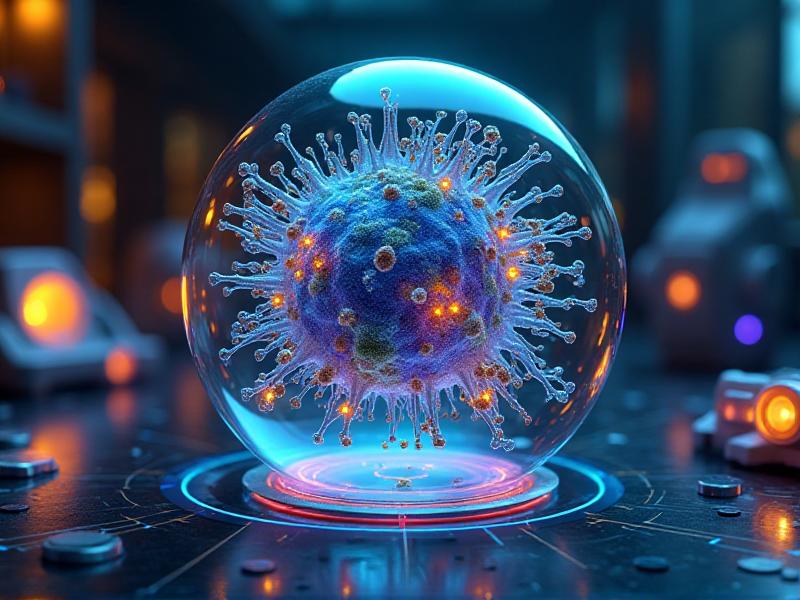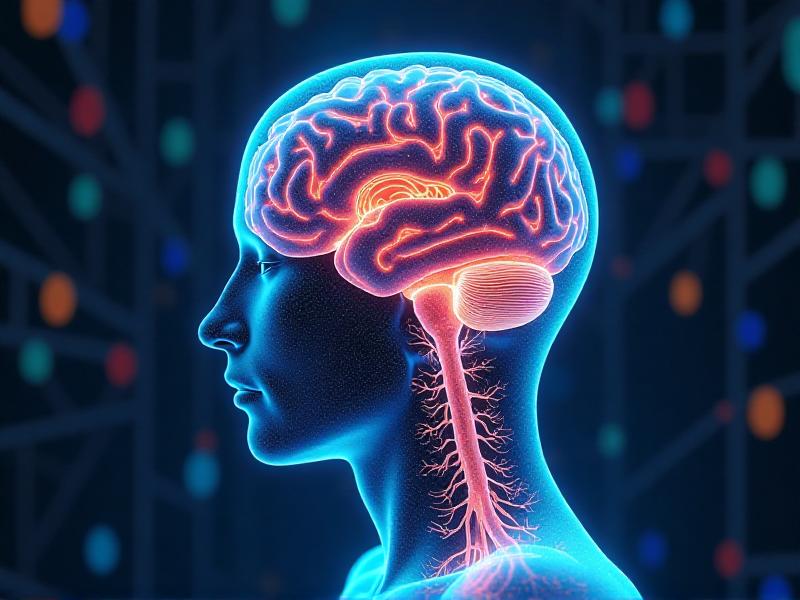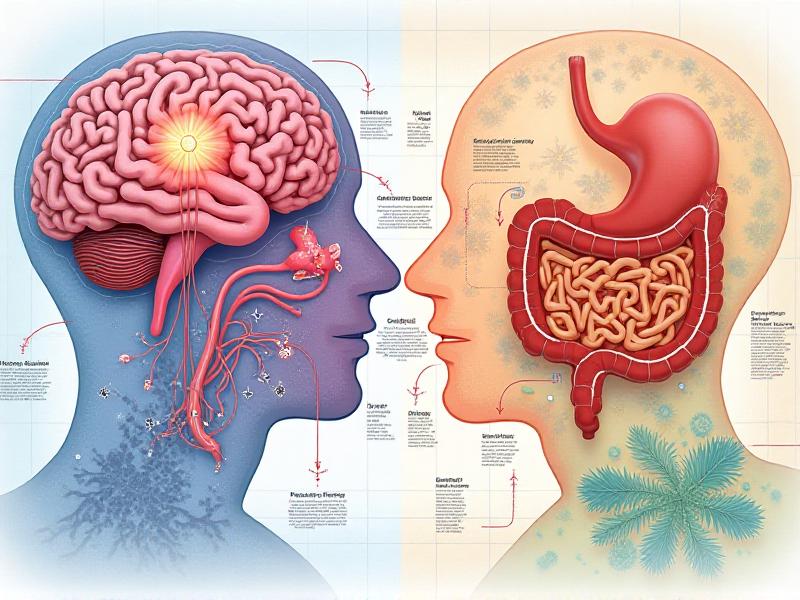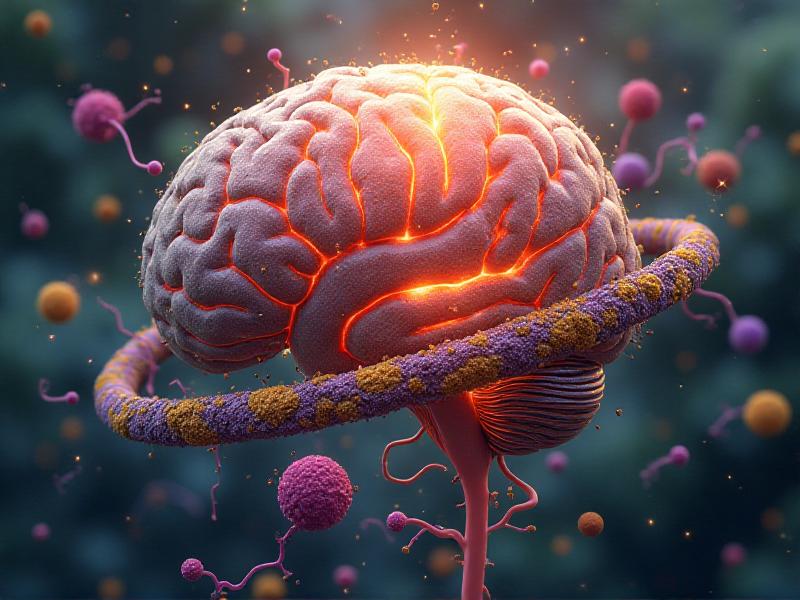Whispers of Wellness: What Your Microbes Are Telling You
The Hidden World Within: An Introduction to Your Microbiome
Deep within your body lies a bustling ecosystem, teeming with trillions of microorganisms that play a pivotal role in your health and well-being. This complex community, known as the microbiome, is composed of bacteria, viruses, fungi, and other microscopic life forms. Far from being mere passengers, these microbes are active participants in your body's daily functions, influencing everything from digestion to immune response, and even mental health.
Recent advancements in science have begun to unravel the intricate ways in which these tiny organisms communicate with your body. They produce chemicals, send signals, and interact with your cells in ways that can either promote health or contribute to disease. Understanding this hidden world is not just a scientific curiosity—it's a pathway to unlocking new dimensions of wellness.
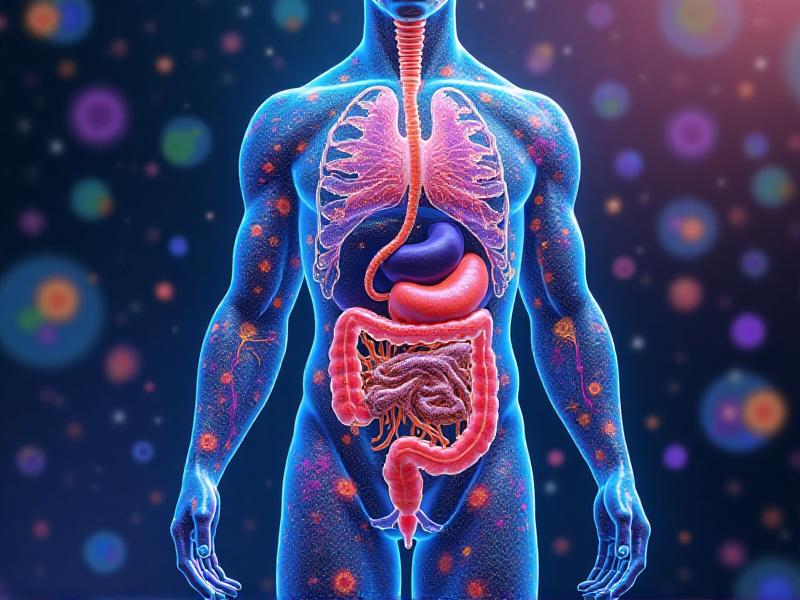
Gut Feelings: How Your Microbiome Influences Mental Health
The gut-brain axis is a fascinating communication network that links your digestive system to your brain. This bidirectional pathway allows your gut microbes to send signals that can influence your mood, stress levels, and even cognitive function. Studies have shown that an imbalance in gut bacteria, known as dysbiosis, is linked to conditions like anxiety, depression, and autism spectrum disorders.
But how exactly do these tiny organisms exert such a powerful influence? The answer lies in the production of neurotransmitters and other bioactive compounds. For instance, certain gut bacteria produce serotonin, a neurotransmitter often referred to as the "feel-good" chemical. When your microbiome is healthy, it supports a balanced production of these compounds, contributing to mental clarity and emotional stability.
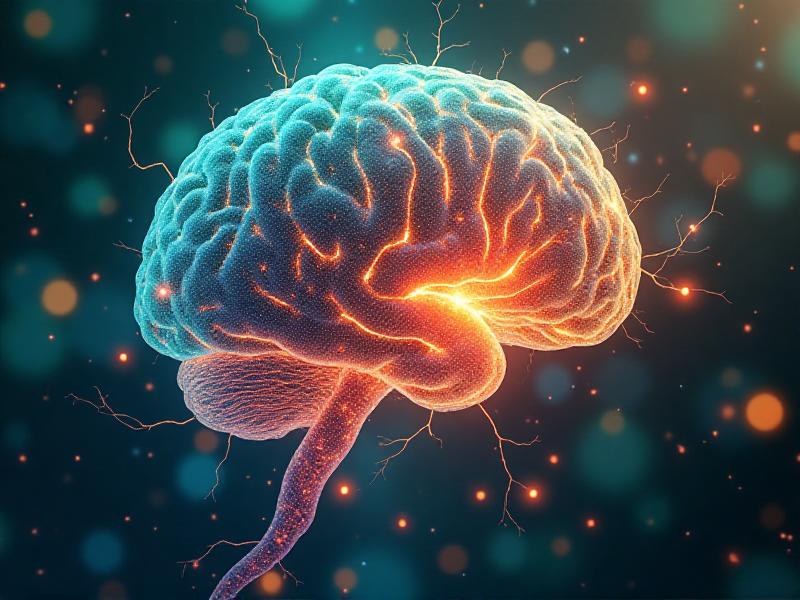
Digestive Harmony: The Role of Microbes in Nutrient Absorption
Your digestive system is more than just a food processor—it's a sophisticated ecosystem where microbes play a crucial role in breaking down complex nutrients. Without these microscopic helpers, your body would struggle to extract essential vitamins, minerals, and energy from the food you eat. For example, certain gut bacteria are responsible for synthesizing vitamin K and B vitamins, which are vital for blood clotting and energy metabolism.
Moreover, the microbiome helps regulate the absorption of nutrients by maintaining the integrity of the gut lining. A healthy gut lining acts as a selective barrier, allowing beneficial nutrients to pass through while keeping harmful substances at bay. When this barrier is compromised, it can lead to nutrient deficiencies and a host of digestive issues, such as bloating, gas, and irritable bowel syndrome (IBS).
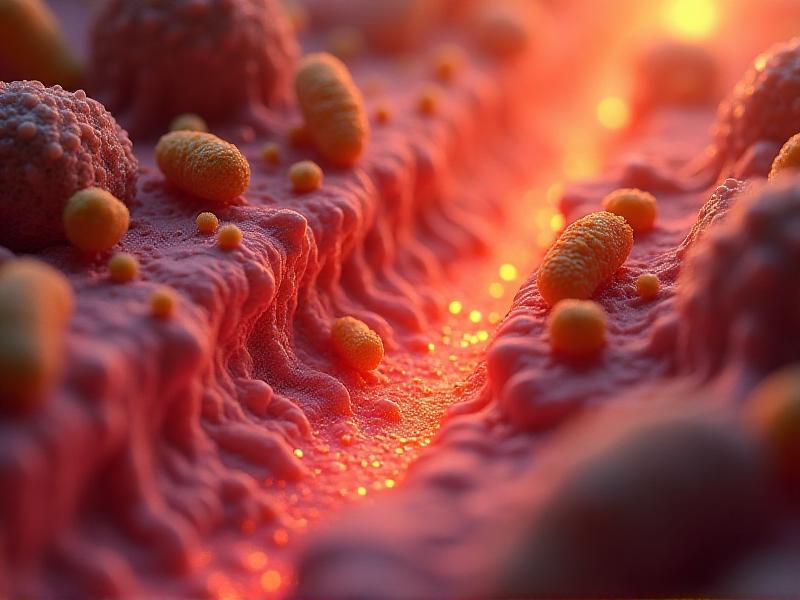
Immunity and Beyond: How Microbes Shape Your Body's Defenses
Your immune system is your body's first line of defense against infections and diseases, and your microbiome plays a critical role in its development and function. From the moment you're born, microbes begin to colonize your body, teaching your immune system to distinguish between friend and foe. This early training is essential for building a robust immune response that can effectively combat pathogens without overreacting to harmless substances.
Interestingly, the microbiome also helps regulate inflammation, a key component of the immune response. While acute inflammation is necessary for healing, chronic inflammation can lead to a host of health problems, including autoimmune diseases and allergies. By maintaining a balanced microbiome, you can help keep your immune system in check, reducing the risk of these conditions.
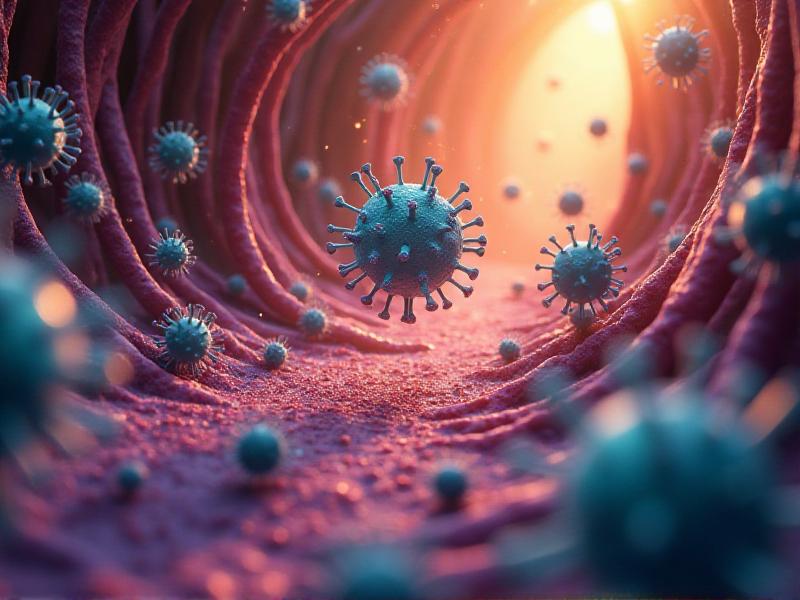
The Microbiome-Diet Connection: Feeding Your Inner Ecosystem
What you eat has a profound impact on the composition and health of your microbiome. A diet rich in fiber, fruits, vegetables, and fermented foods promotes the growth of beneficial bacteria, while a diet high in processed foods and sugar can lead to dysbiosis. The key to a healthy microbiome lies in diversity—both in the types of foods you eat and the variety of microbes they support.
Prebiotics and probiotics are two essential components of a microbiome-friendly diet. Prebiotics are non-digestible fibers that feed beneficial bacteria, while probiotics are live microorganisms that can replenish and diversify your gut flora. Incorporating these elements into your diet can help maintain a balanced microbiome, supporting overall health and well-being.

Microbes and Modern Life: The Impact of Antibiotics and Lifestyle
While antibiotics have revolutionized medicine, their overuse has had unintended consequences for the microbiome. These powerful drugs can wipe out both harmful and beneficial bacteria, leading to a temporary or even long-term imbalance in the gut. This disruption can increase the risk of infections, digestive issues, and other health problems.
Modern lifestyle factors, such as stress, lack of sleep, and exposure to environmental toxins, can also take a toll on your microbiome. Chronic stress, for example, can alter the composition of gut bacteria, leading to a cascade of negative effects on both physical and mental health. By adopting microbiome-friendly habits, such as stress management and regular exercise, you can help protect and nurture your inner ecosystem.
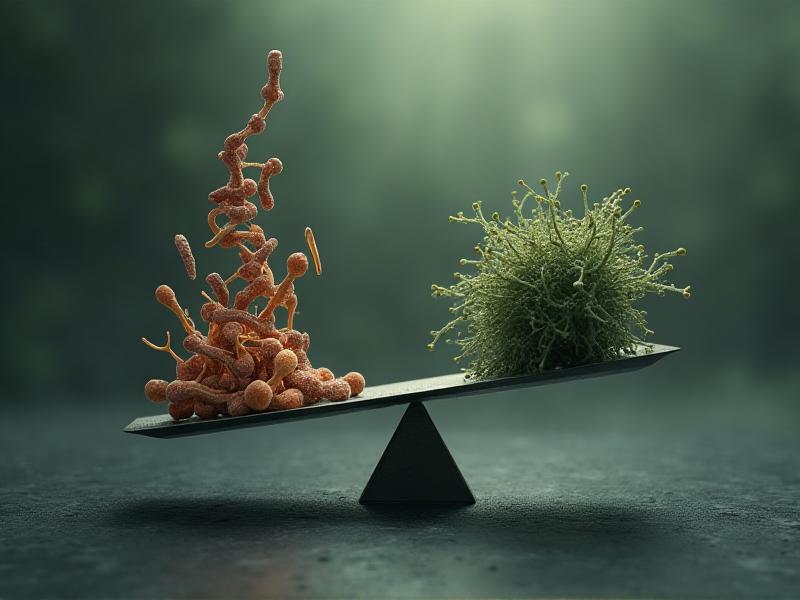
Listening to the Whispers: How to Tune Into Your Microbiome's Signals
Your body is constantly sending you signals about the state of your microbiome, but are you listening? Symptoms like bloating, fatigue, and mood swings can be subtle hints that your inner ecosystem is out of balance. By paying attention to these whispers, you can take proactive steps to restore harmony and support your overall health.
Mindful eating is among the best strategies for tuning into your microbiome. This entails not just selecting the proper foods but also considering how your body reacts to them. Maintaining a food journal will help you spot trends and guide your dietary choices. Regular visits to a healthcare professional can also offer insightful analysis of your microbiota and direct you towards individualised wellness plans.

The Future of Wellness: Harnessing the Power of the Microbiome
As research into the microbiome continues to advance, the potential for new therapies and interventions is immense. From personalized probiotics to microbiome-based diagnostics, the future of wellness is poised to be deeply intertwined with our understanding of these microscopic communities. Scientists are even exploring the possibility of using fecal microbiota transplants (FMT) to treat conditions like Clostridioides difficile infection and inflammatory bowel disease.
But the journey to harnessing the full potential of the microbiome is just beginning. As we uncover more about the intricate relationships between microbes and human health, we open the door to a new era of medicine—one that prioritizes prevention, personalization, and the power of the unseen world within us.
